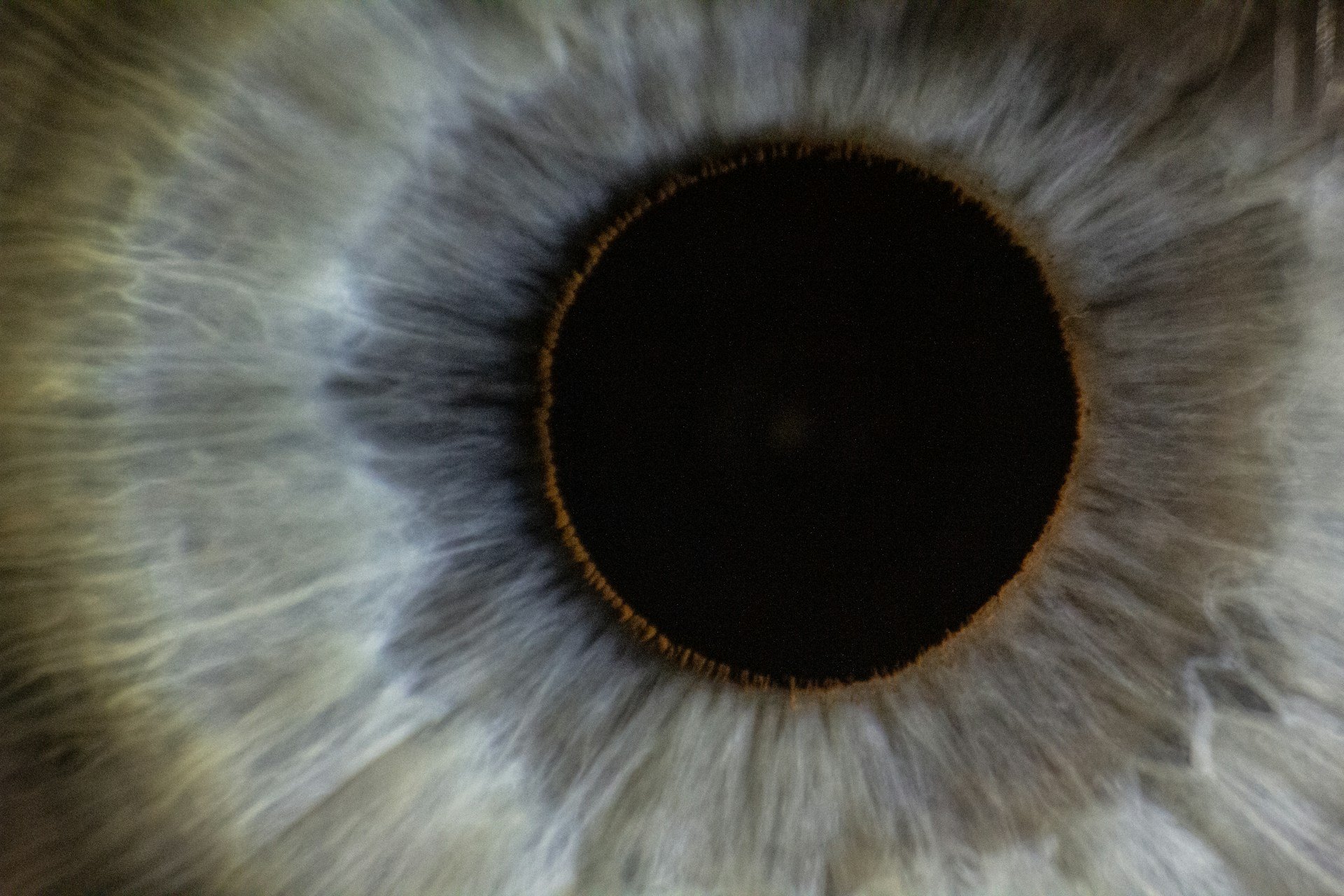
Aqueous Humor in Research
1. Glaucoma Biomarkers:
A study published in the journal Investigative Ophthalmology & Visual Science (IOVS) in 2016 investigated the proteomic profile of aqueous humor in glaucoma patients. The researchers identified potential biomarkers associated with glaucoma progression, offering insights into the underlying molecular mechanisms of the disease. This research has implications for early diagnosis and targeted treatment strategies for glaucoma patients.
2. Age-Related Macular Degeneration (AMD):
In a study published in the journal Ophthalmology in 2018, researchers analyzed the proteomic composition of aqueous humor samples from patients with AMD. By identifying specific proteins and biomarkers associated with AMD pathogenesis, this research has paved the way for the development of targeted therapies aimed at slowing disease progression and preserving vision in affected individuals.
3. Diabetic Retinopathy (DR):
A research study published in the journal Molecular Vision in 2019 explored the role of inflammatory mediators in the pathogenesis of diabetic retinopathy. By analyzing cytokine levels in aqueous humor samples from diabetic patients, the researchers identified potential biomarkers of DR severity and progression. This research provides valuable insights into the inflammatory processes underlying DR and offers potential targets for therapeutic intervention.
4. Drug Delivery Systems:
Utilizing aqueous humor as a medium for drug delivery is another area of active research in ophthalmology. Researchers have explored various formulations and techniques for delivering therapeutic agents directly to the anterior and posterior segments of the eye via intracameral injection. By leveraging the unique properties of aqueous humor, such as its clear composition and physiological compatibility, scientists aim to enhance the efficacy and safety of ocular drug delivery for conditions such as glaucoma, macular degeneration, and diabetic retinopathy.

These examples highlight the diverse applications of aqueous humor in ophthalmic research, ranging from biomarker discovery to drug development and drug delivery systems. By leveraging the insights gained from studying aqueous humor composition and dynamics, researchers continue to advance our understanding of ocular diseases and develop innovative strategies for diagnosis and treatment.
